Plastic Waste Puts Poor People at Higher Risk for Floods
It has long been known that climate change affects many and causes numerous things, such as pollution, which heightens climate change and its effects further.
One of these types of pollution is plastic pollution, with a recent study finding that this affects poor people the most and puts them at a higher risk of floods.
Plastic Bags Blocking Drains Caused a Flood
Severe floods in Mumbai in 2005 caused hundreds of deaths. Eventually, it was revealed that the flooding was caused by plastic bags blocking the drains.
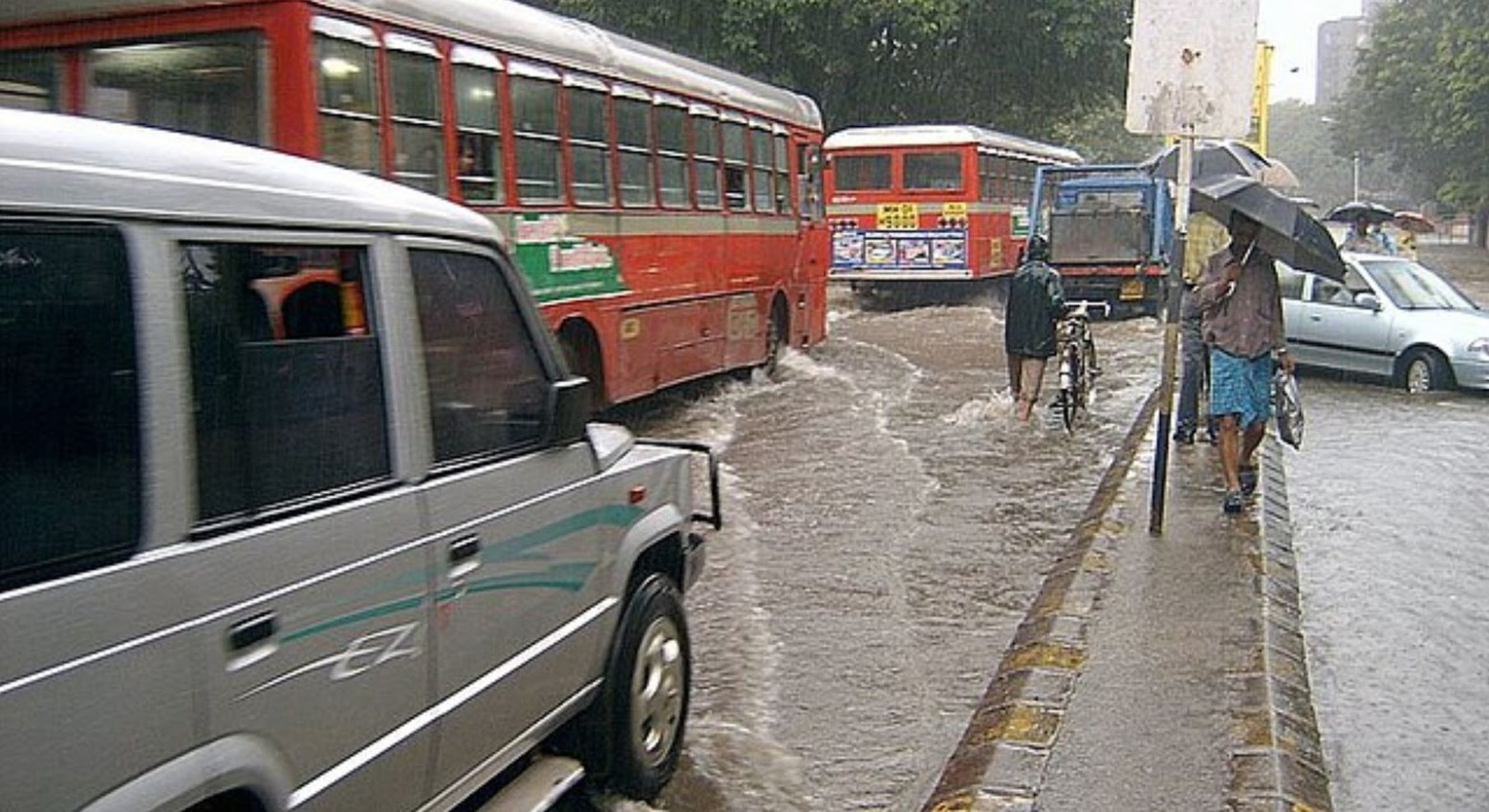
Source: Unknown Author/Wikimedia Commons
After this, the Indian government revealed they were putting a ban on plastic bags in an effort to prevent the same thing from happening again.
Types of Plastic Blocking the Drains
Multiple types of plastic, aside from plastic bags, have been found to block drains and cause flooding.
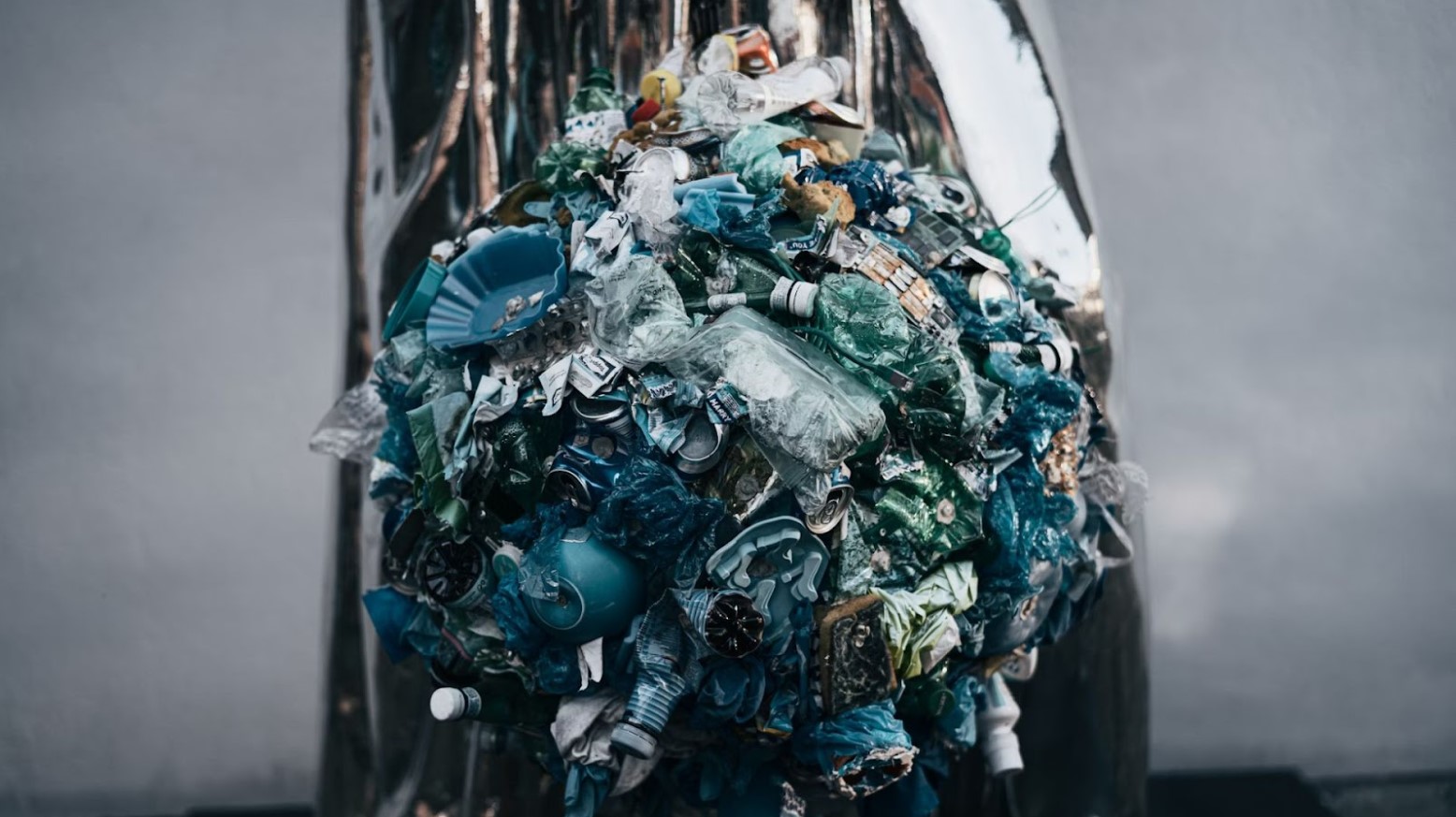
Source: Claudio Schwarz/Unsplash
This includes plastic bottles, nylon threads used in the fishing industry, and sachets.
218 Million People Are at Risk of Plastic-Aggravated Flooding
A recent report shows 218 million people worldwide are at risk of plastic-aggravated flooding.
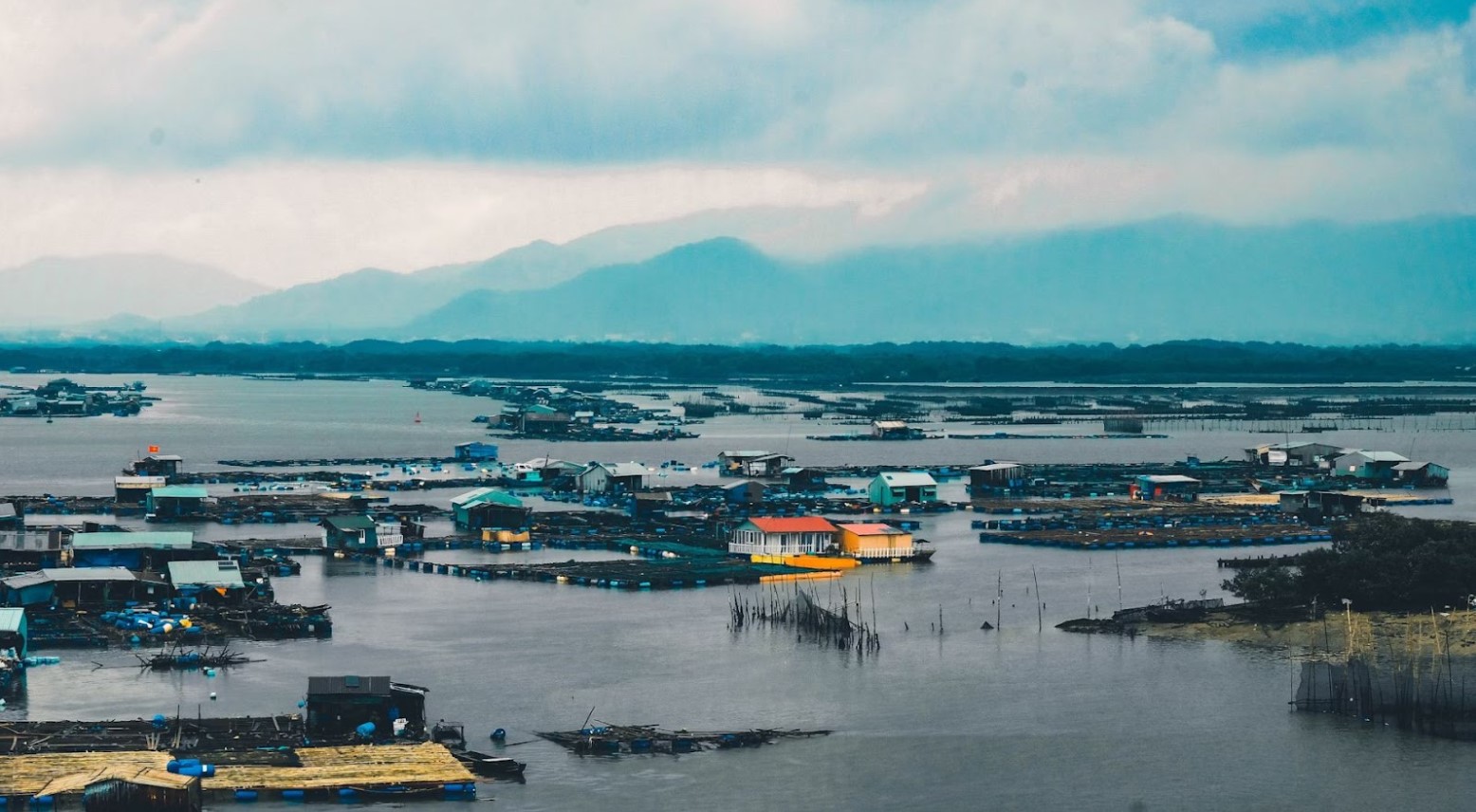
Source: Nguyen Kiet/Unsplash
This is 3% of the global population and is the populations of the UK, France, and Germany combined.
Those Living in Asia and Africa Are Most at Risk of Plastic-Aggravated Flooding
Those who live in South Asia, East Asia and Pacific, and sub-Saharan Africa are most at risk of suffering the severe effects of plastic-aggravated flooding.
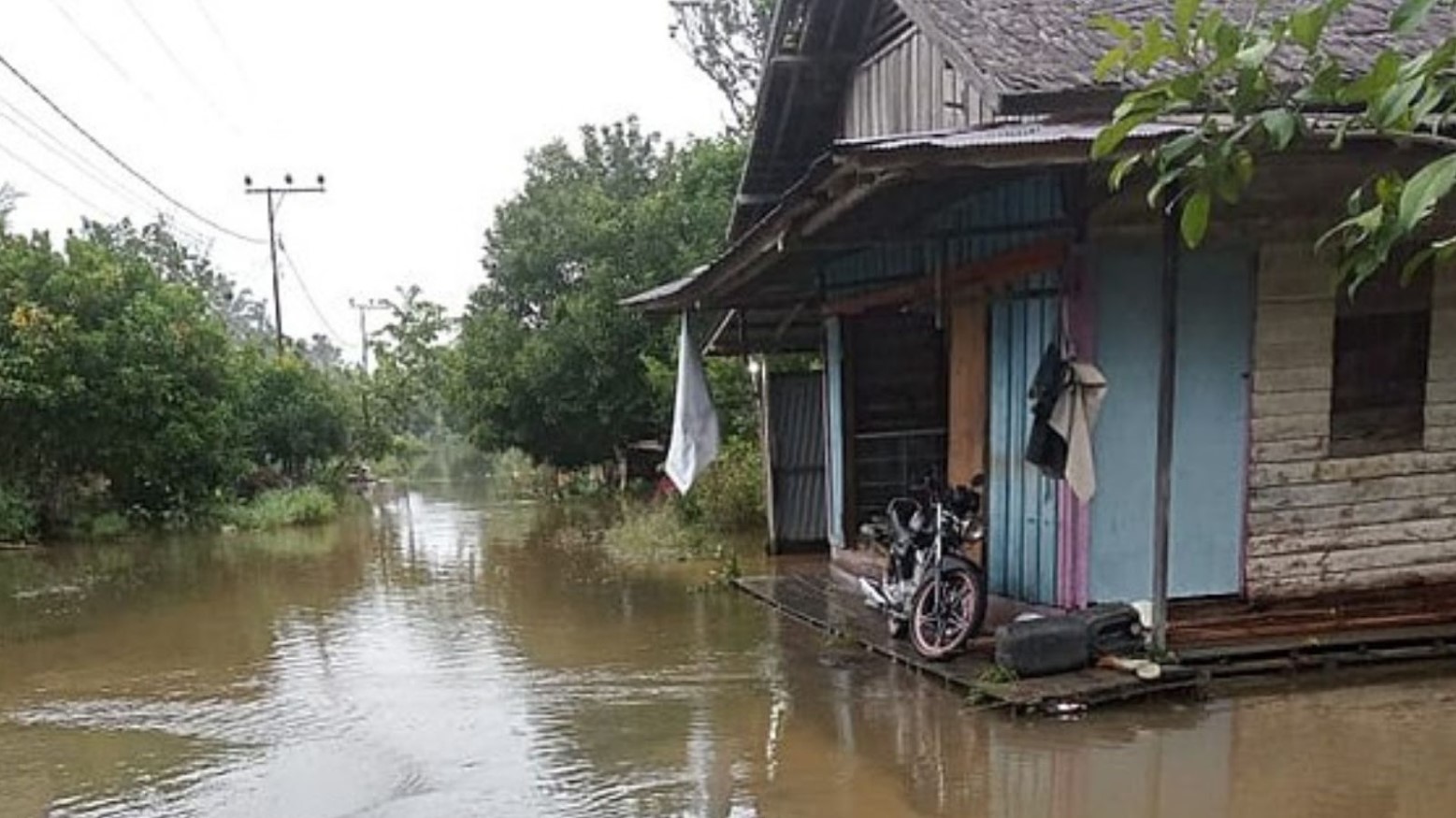
Source: Badan Penanggulangan Bencana Nasional/Wikimedia Commons
This is due to the poorly planned development in these areas and limited flood mitigation infrastructure.
Flooding Mostly Impacts Low-Income Countries
A study looked at flooding risk in 188 countries worldwide, and came to the conclusion that those living in low-income countries will suffer from flooding the most.
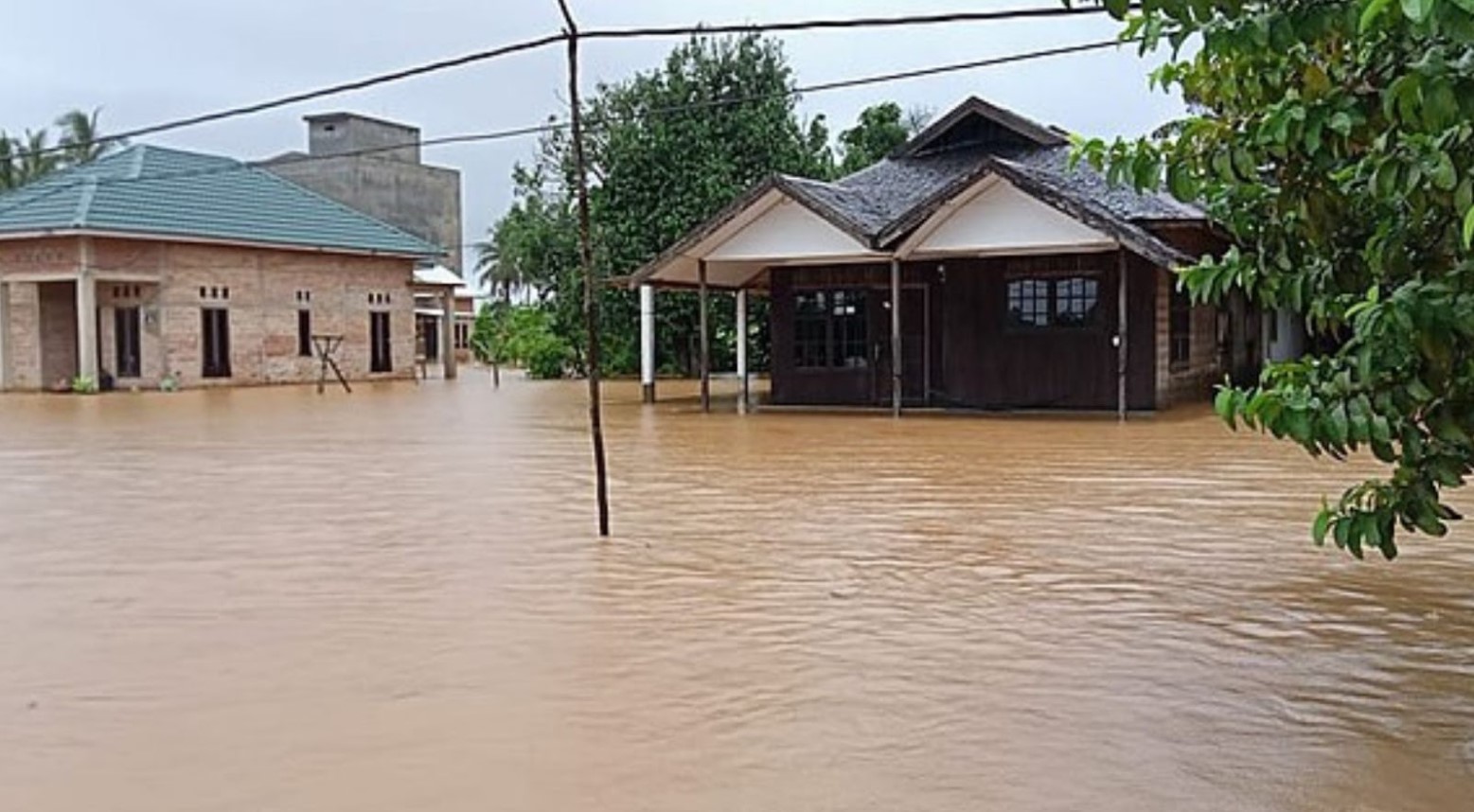
Source: Indonesian National Board for Disaster Management of Tanah Laut Regency/Wikimedia Commons
Those living in these countries experience 89% of floods worldwide, which highlights the need for better flooding infrastructure, particularly in these areas, to try and prevent the problem or at least lessen its effects.
Many in Low-Income Countries Live in Slums
Many of those living in low-income countries are living in slums.
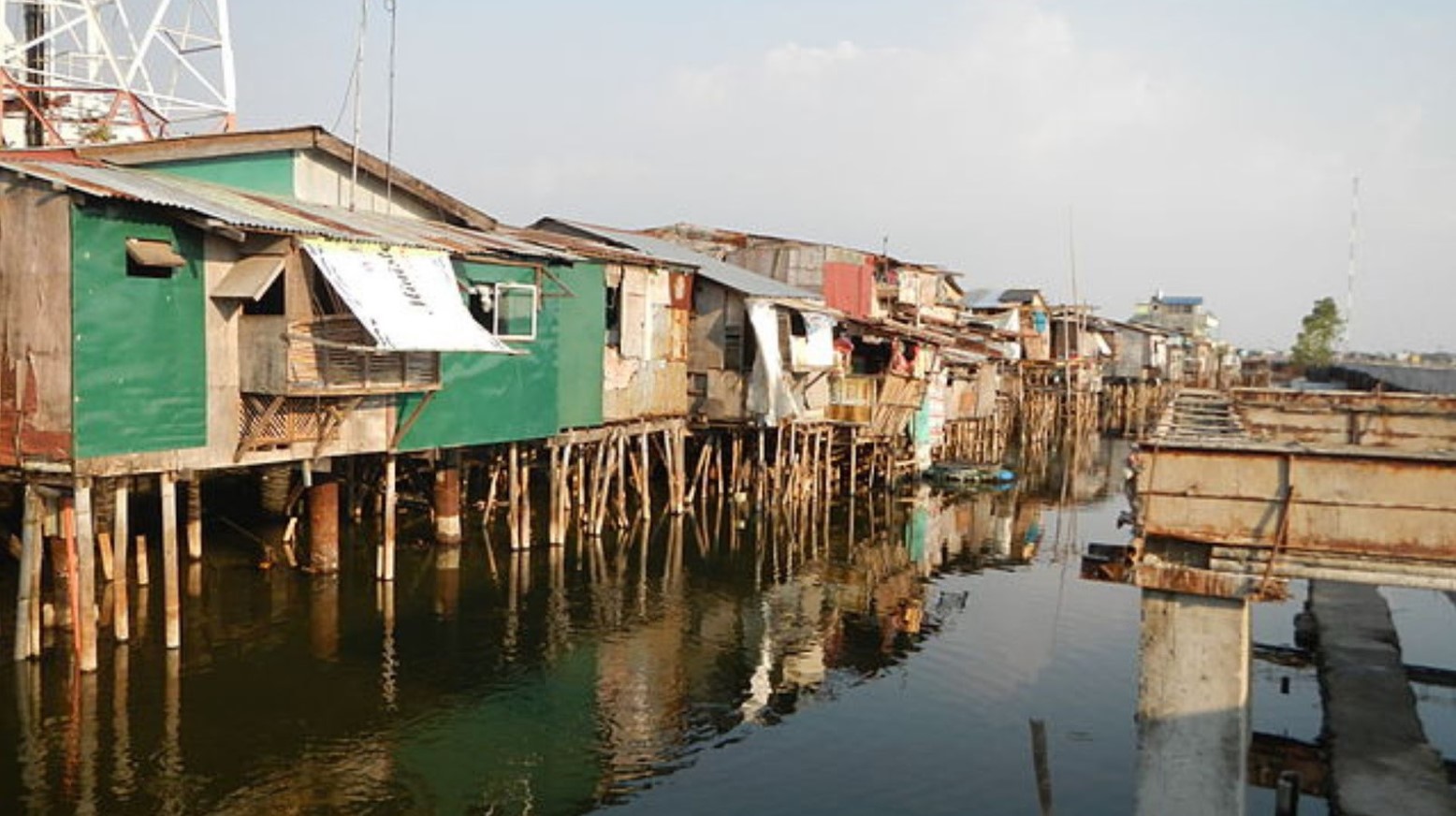
Source: Judgefloro/Wikimedia Commons
Slums are quite close together and are structurally unsafe. They are also at a higher risk of flooding and diseases.
Plastic Pollution Is Making Flooding Worse
Flooding is already a catastrophic event in any area and can ruin people’s homes, livelihoods, and the areas they live in.
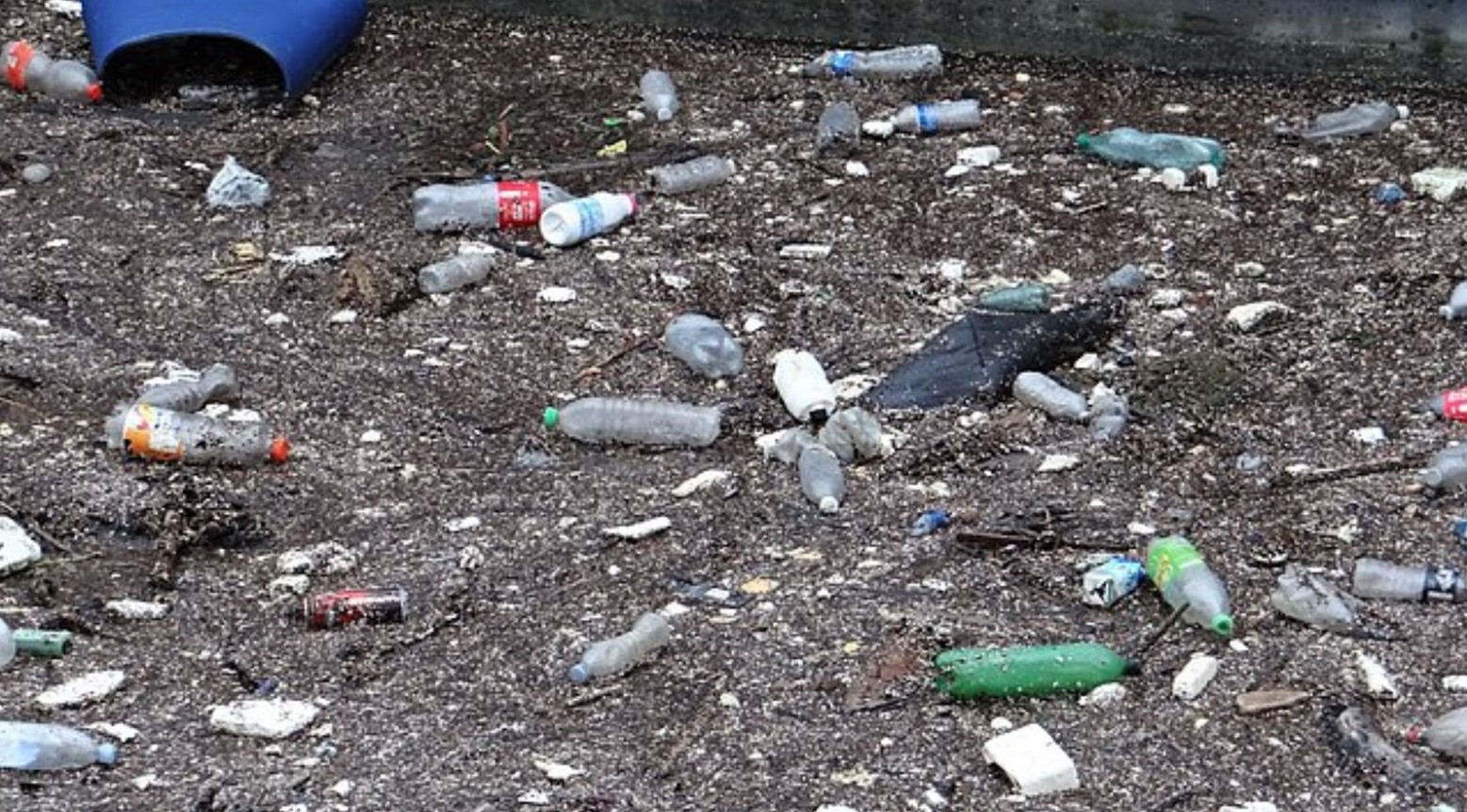
Source: Ibex73/Wikimedia Commons
With plastic pollution continuing to exacerbate the problem, something must be done soon to try and prevent this worsening problem.
Global Plastic Waste Will Triple by 2060
The Organization for Economic Co-Operation and Development (OECD) has predicted that global plastic waste will triple by 2060.
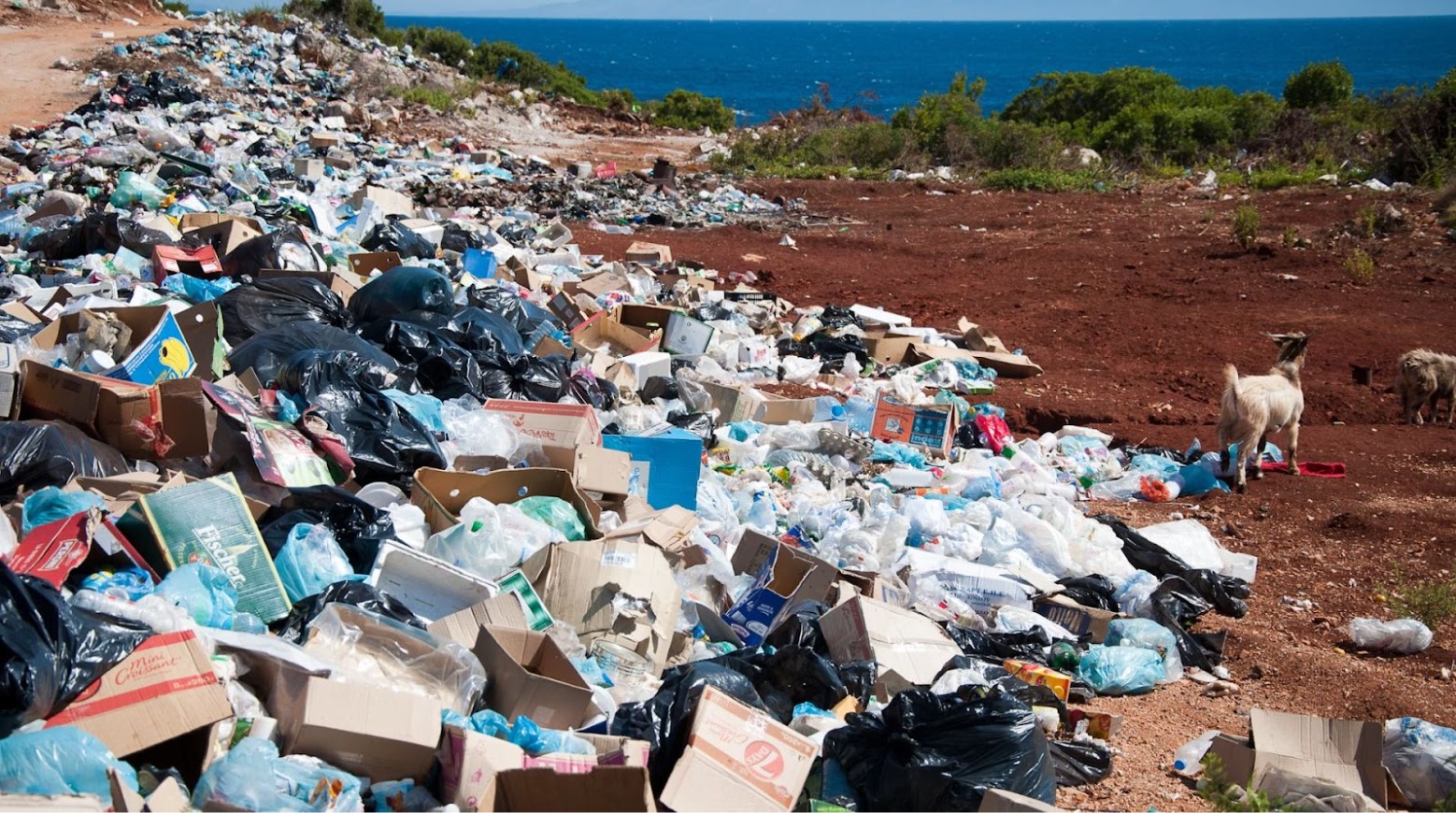
Source: Antoine Giret/Unsplash
In 2019, the amount of plastic waste globally was 460 million tonnes. In 2060, this is expected to rise to 1231 million tonnes.
Not Enough Plastic Is Being Recycled
Despite increasing recycling efforts over the last few decades, hardly any plastic is being recycled worldwide.
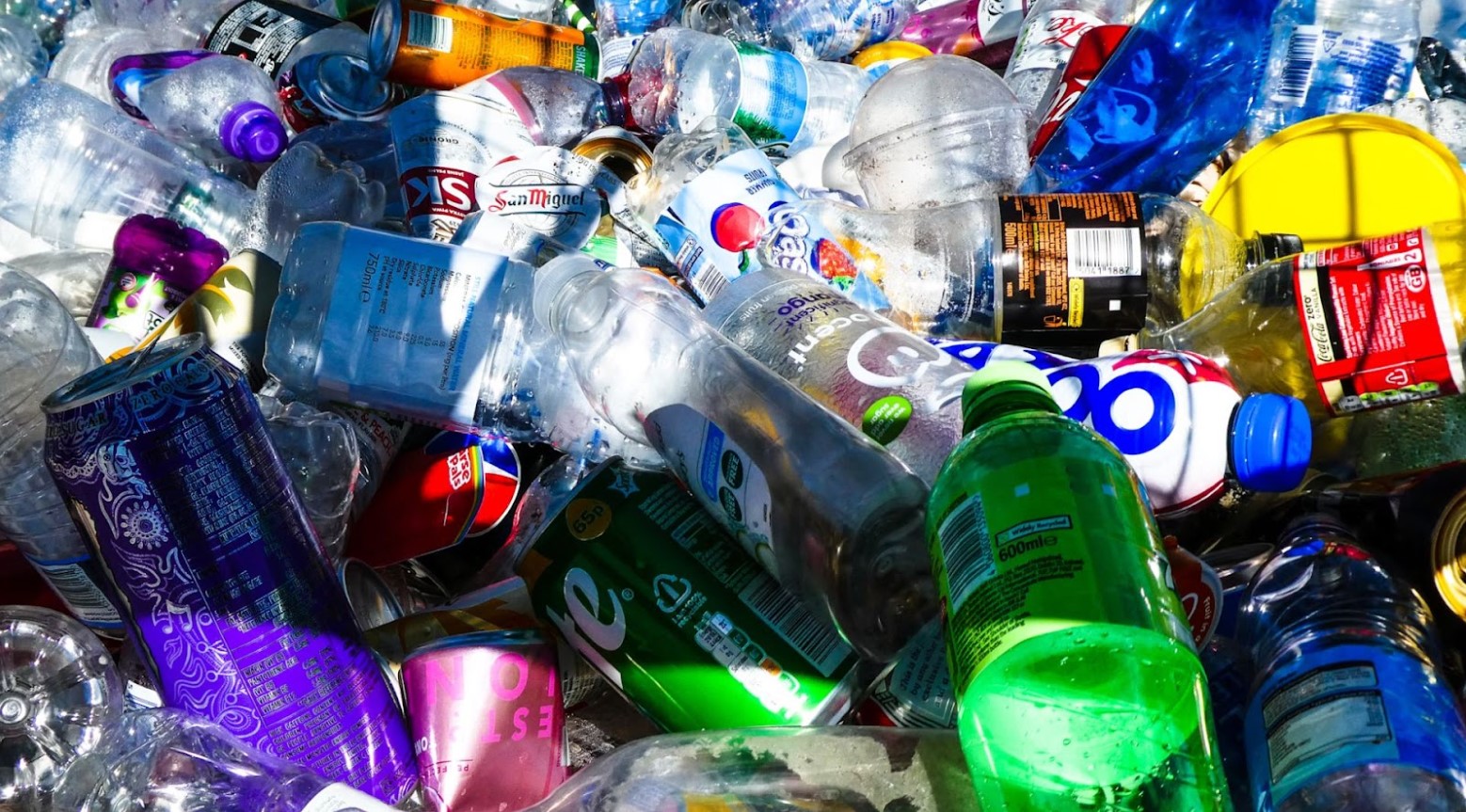
Source: Nick Fewings/Unsplash
Currently, only 9% of plastic waste is being recycled worldwide. If plastic is not recycled, it can take years to decay and can break down into tiny particles that get into the food system.
Plastic Pollution Causes Health Problems
Plastic pollution leads to flooding, and both can cause health problems.
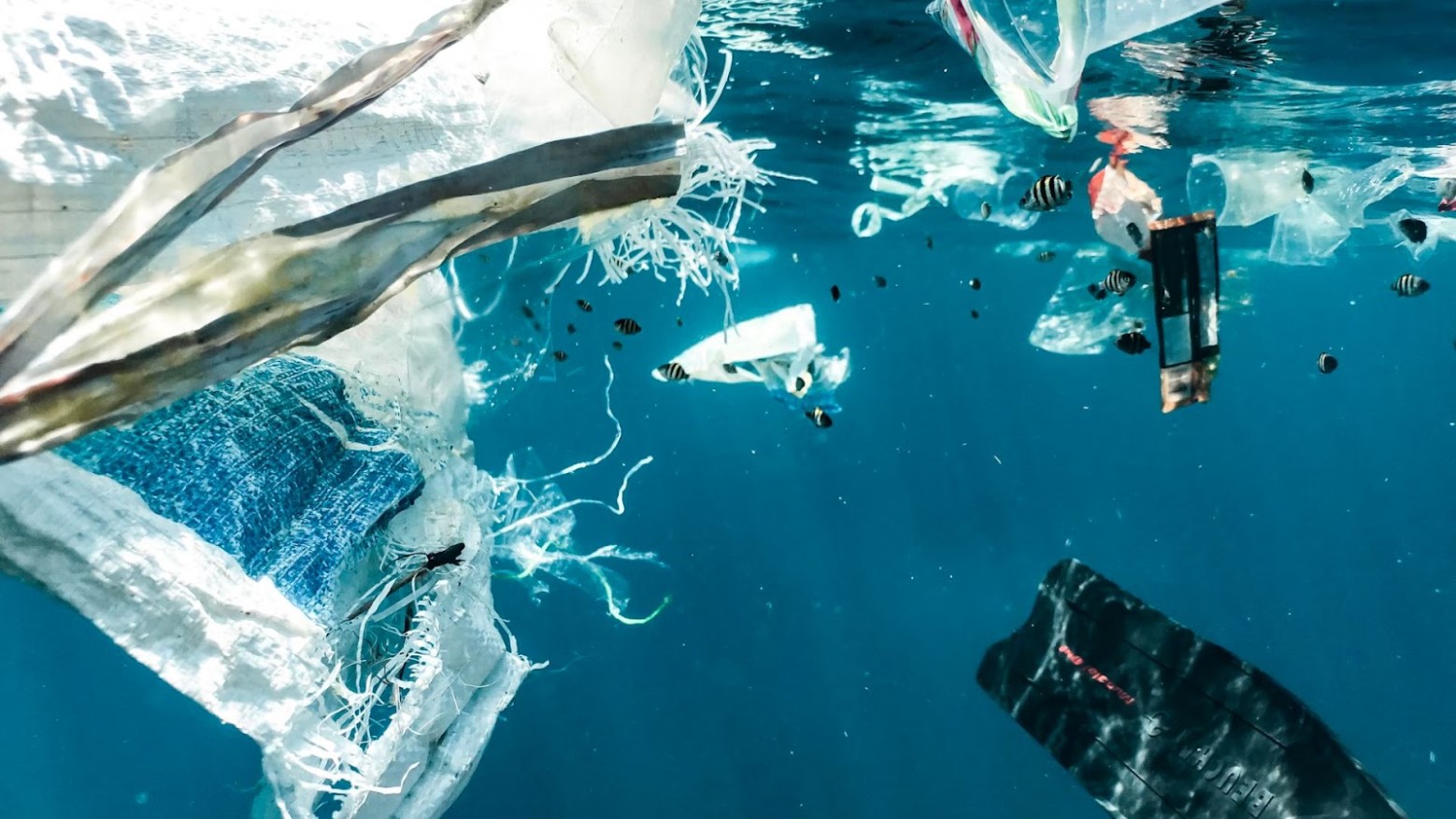
Source: Naja Bertolt Jensen/Unsplash
Many of these health problems are gastrointestinal, including cholera and diarrhea.
Plastic Pollution Causes Water To Rise by a Meter
Plastic pollution has many flooding-related issues, including raising the water by one meter.
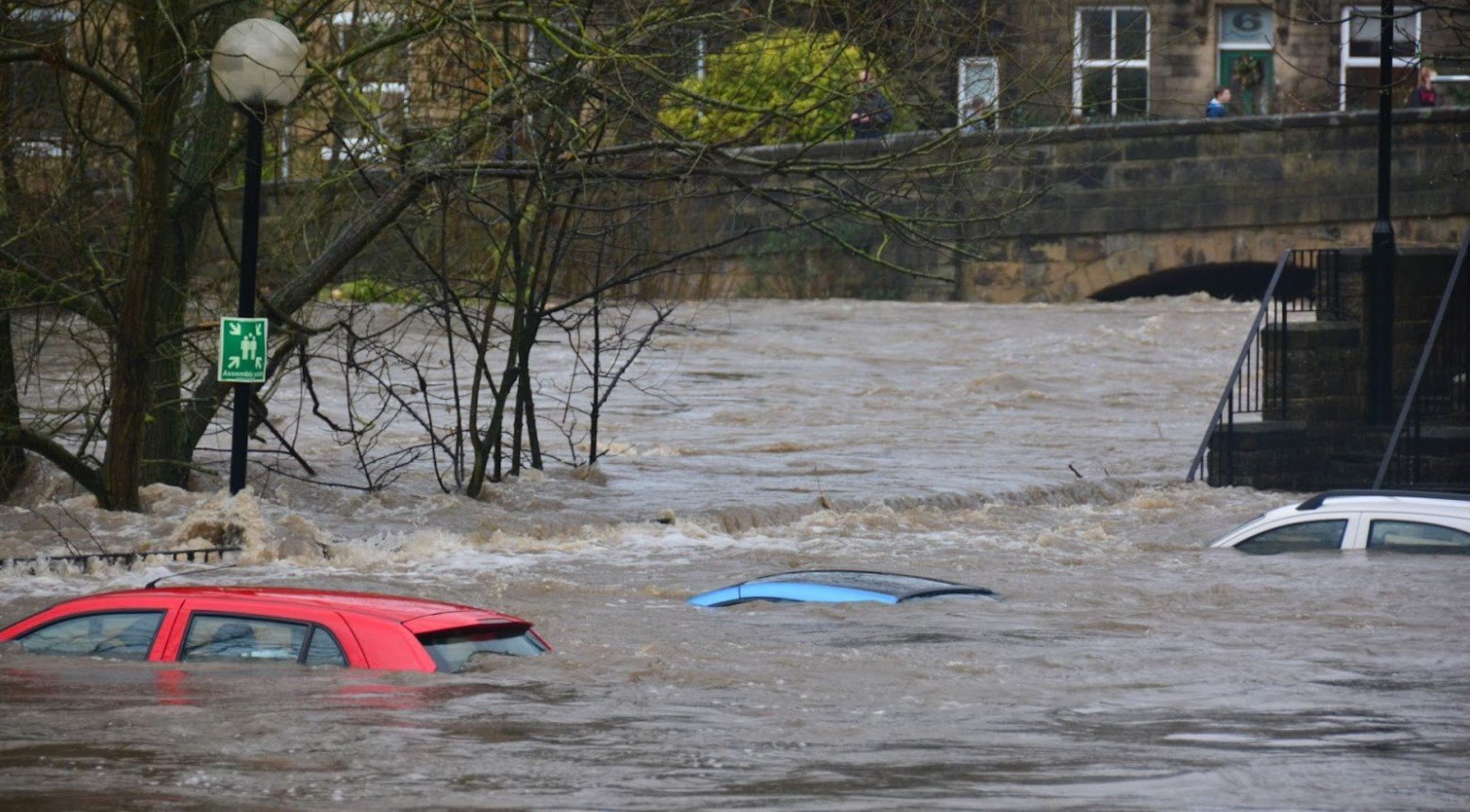
Source: Chris Gallagher/Unsplash
The water is expected to rise by a meter within the first hour of the flooding and can only rise further the longer it continues. This is why more needs to be done with each country’s infrastructure to try and prevent flooding, plastic pollution, and the disastrous consequences that come with it.
